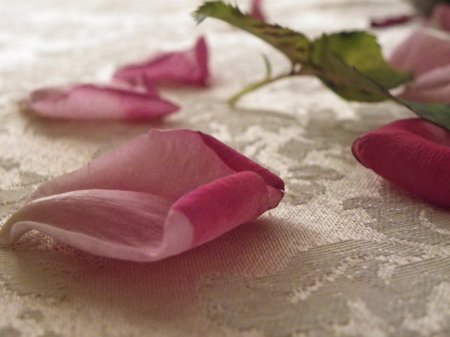by Dr.
Faisal Az-Zanâmi al Wâdi'ee
Taught by: Umm
Hyatt al-Ameriki حفظها الله
Notes of: Umm Hasna bint Jabir as-Saylâniyyah
Introduction
The
book we will be studying is written by
Dr. Faisal, who was a doctor in Dammaj, Yemen. He was the doctor of Sheikh
Muqbil رحمه
الله and has studied from both
Sheikh Muqbil bin Hadee al Wadi'ee
رحمه
الله and Sheikh Yahya bin 'Alee al
Hajooriee حفظه
الله. Though he has written this book for
children, it is beneficial for the adults as well. Insha-Allaah
this book will teach us the 'Basics
of Aqeedah, Tawheed, Fiqh & Seerah' which every Muslim is obligated to know.
In fact, the question and answer format is adhering to the methodology of
Prophet Muhammad صلّى اللَّهُ
عليه وسلّم.
Umm
Hyatt حفظها
الله thereafter,
advised the students that in order to fear Allaah سُبحانه
وتعالى one
has to have knowledge of His Creator. This necessitates that we must make an
effort to gain that beneficial knowledge. Intelligence
is in our hearts and we understand with our heart. The
people of knowledge are those who fear Allaah سُبحانه
وتعالى , they are the Ulema (Scholars).
Allaahسُبحانه وتعالى also says in the
Qur’aan:
إِنَّمَا
يَخْشَى اللَّهَ مِنْ عِبَادِهِ الْعُلَمَاء
"It
is only those who have knowledge among His slaves that fear Allâh."
(Fatir
35:28)
** Why did Allaahسُبحانه
وتعالى state that the Ulema have the most
fear (khashya)?
Allaahسُبحانه وتعالى praised the Ulema (scholars)
in this ayah, due to them having the most knowledge. They carry out all the
actions in obedience to Allaah سُبحانه وتعالى with taqwa.
The Ulema also leave off sins fearing His سُبحانه وتعالى's
punishment. Therefore, they are the ones who fear Allaah the most.
Umm
Hyatt explained that علماً نافعاً (Ilman
Naafi'an) is connected to Allaahسُبحانه وتعالى and His Deen. This is khair because
even an ant in its hole and the whales in the ocean make dua and send salaam
for the one who teaches knowledge. This knowledge is concerning 'talabul
ilm.' This is due to the benefit that is derived from theعلماً نافعاً (beneficial
knowledge) as the benefit goes down even to the ant in its hole since the
Ulema teach what is halaal, haraam, being good to animals, rights of animals
etc.

